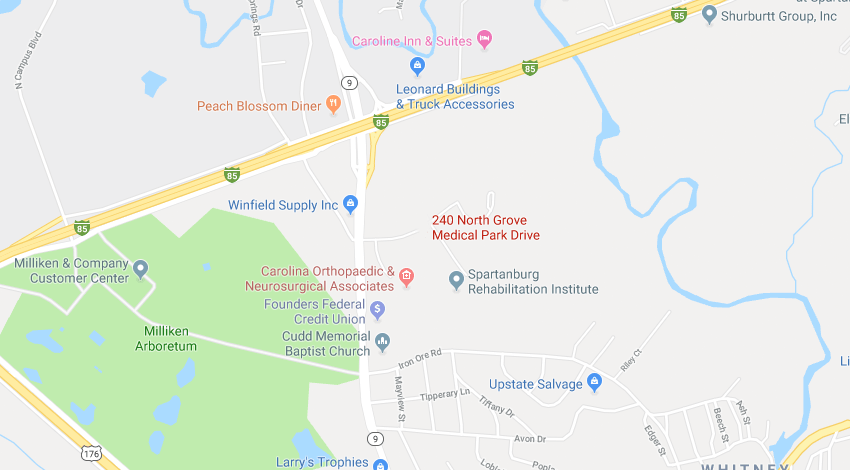First Visit
When should my child first see a dentist?
“First visit by first birthday” sums it up. Your child should visit a pediatric dentist when the first tooth comes in, usually between six and twelve months of age. Early examination and preventive care will protect your child’s smile now and in the future. (Taken from the AAPD Parent Education Brochure “Dental Care for Your Baby”)
Why so early? What dental problems could a baby have?
The most important reason is to begin a thorough prevention program. Dental problems can begin early. A big concern is Early Childhood Caries (also known as baby bottle tooth decay or nursing caries). Your child risks severe decay from using a bottle during naps or at night or when he or she nurses continuously from the breast.
The earlier the dental visit, the better the chance of preventing dental problems. Children with healthy teeth chew food easily, learn to speak clearly, and smile with confidence. Start your child now on a lifetime of good dental habits. (Taken from the AAPD Parent Education Brochure “Dental Care for Your Baby”)
How common is Early Childhood Caries (cavities)?
The Centers for Disease Control and Prevention reports that dental caries (cavities) is perhaps the most prevalent of infectious diseases in our nation’s children. Dental caries (cavities) is 5 times more common than asthma and 7 times more common than hay fever in children. More than 40% of children have tooth decay by the time they reach kindergarten.
Decay of primary teeth can affect children’s growth, lead to malocclusion (problems with their bite), and result in significant pain and potentially life-threatening swelling. (Taken from the AAP Policy Statement on Oral Health Risk Assessment Timing and Establishment of the Dental Home)
What are the benefits of establishing a dental home?
The dental home should be expected to provide:
- An accurate risk assessment for dental diseases and conditions
- An individualized preventive dental health program based on the risk assessment
- Anticipatory guidance about growth and development issues (e.g., teething, digit or pacifier habits, and feeding practices)
- A plan for emergency dental trauma
- Information about proper care of the child’s teeth and gingival tissues
- Information regarding proper nutrition and dietary practices
- Comprehensive dental care in accordance with accepted guidelines and periodicity schedules for pediatric dental health
(Taken from the AAP Policy Statement on Oral Health Risk Assessment Timing and Establishment of the Dental Home)
What should I tell my child before the first visit?
You can make the first visit to the dentist enjoyable and positive. If old enough, your son or daughter should be informed of the visit and told that Dr. Michael, Dr. Holly, Dr. Erin, and their staff will explain all procedures and answer any questions. The less to-do concerning the visit, the better.
It is best if you refrain from using words around your child that might cause unnecessary fear, such as needle, pull, drill, or hurt. Pediatric dental offices make a practice of using words that convey the same message, but are pleasant and non-frightening to the child.




